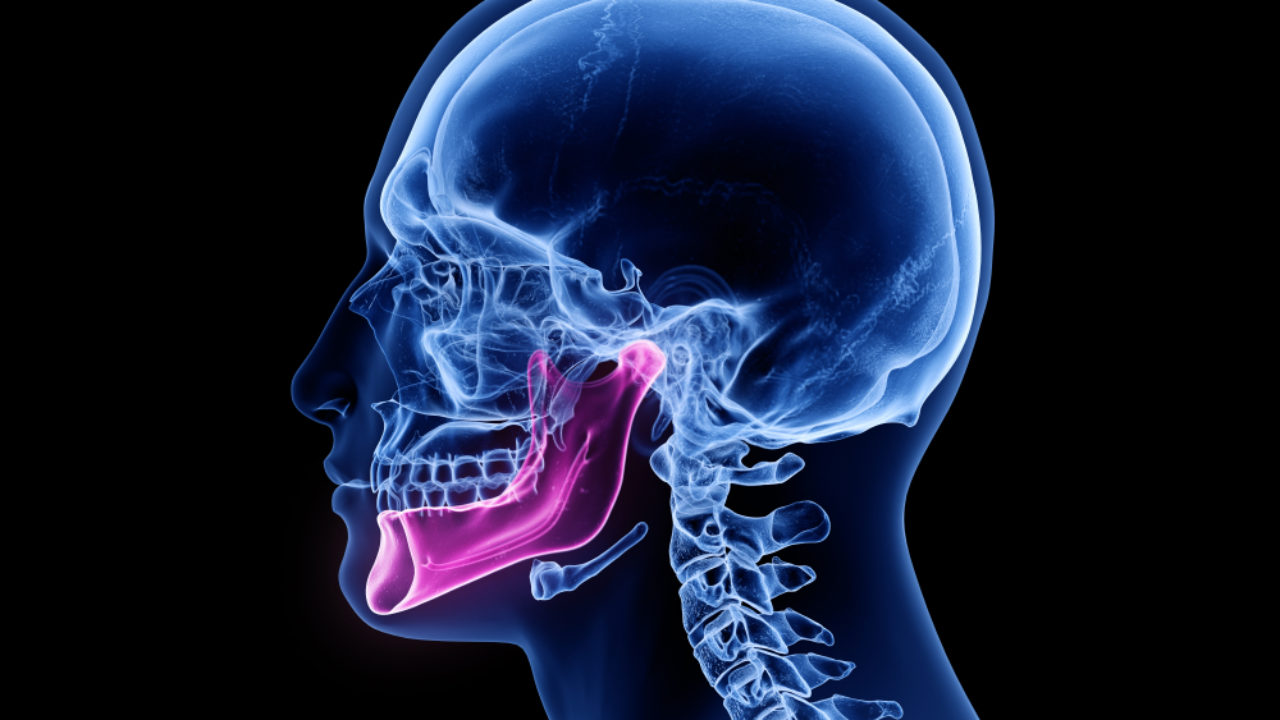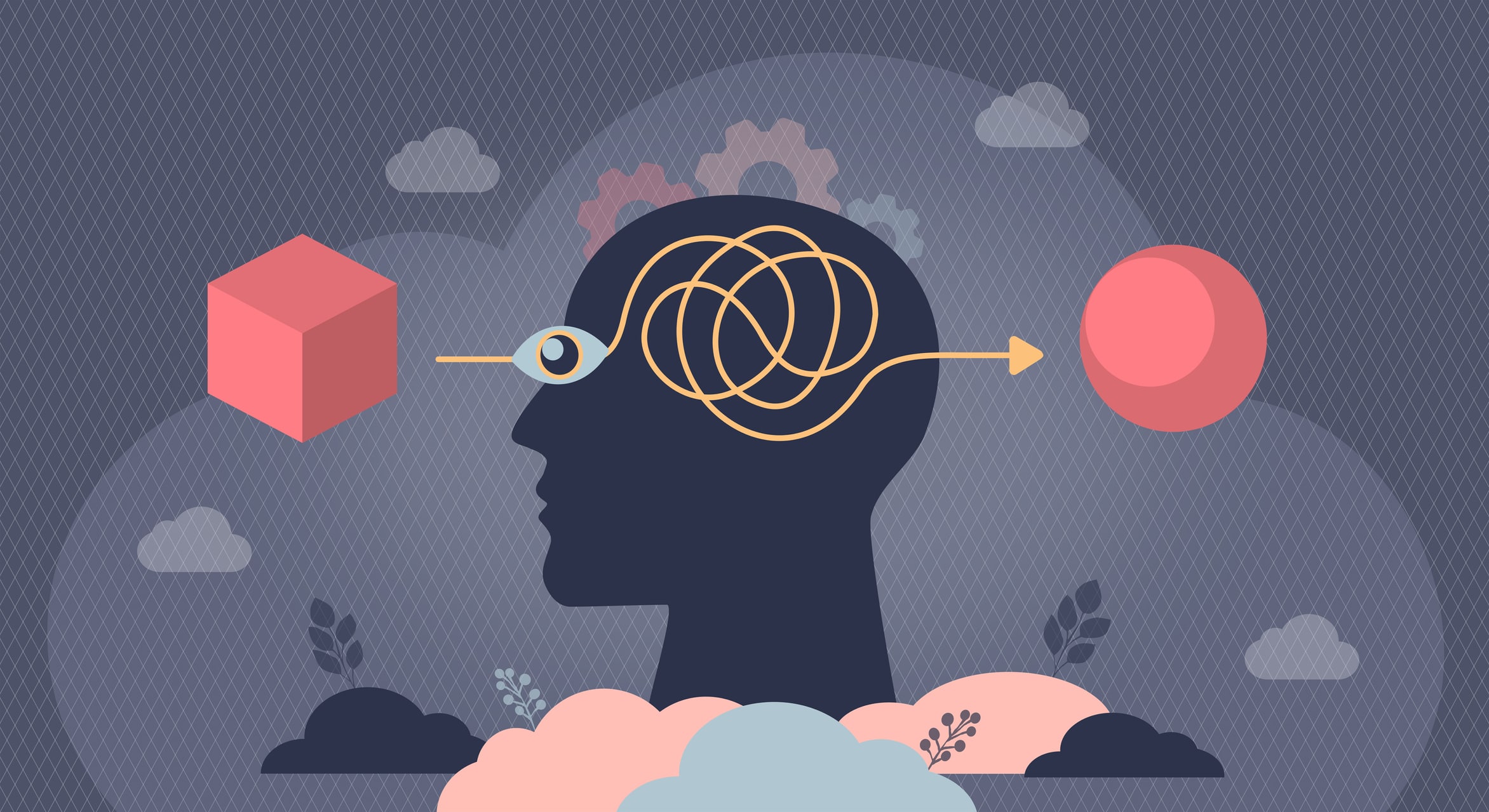Key Takeaways:
- The Importance of Recognizing the Link Between TMJ Disorders and Overall Health.
- TMJ-related pain can profoundly influence sleep quality, nutrition, and emotional well-being.
- Consulting Specialists at a TMJ Clinic Can Help Effectively Manage Symptoms.
The Basics of TMJ Disorders
The Temporomandibular Joint (TMJ) serves as a crucial hinge linking your jaw to the skull, enabling essential functions such as chewing, talking, and expressing emotions. When issues arise in this joint, the effects can vary from mild discomfort to severe pain, impacting both oral health and everyday activities.These disorders, known collectively as TMJ or TMD (Temporomandibular Disorders), represent a spectrum of issues that may involve the joint’s cartilage, the muscles that control jaw movement, or both. Risk factors contributing to the development of TMJ disorders include misalignment of teeth or jaw, traumatic injuries, stress-induced clenching or grinding of teeth, and even some forms of arthritis.
Many individuals suffering from jaw pain seek relief through specialized care at the TMJ clinic, where expert practitioners provide tailored treatments for their specific needs.
Connecting TMJ to General Health
While initially, it might seem that TMJ disorders are solely a dental or orthodontic issue, their influence extends much further, potentially eliciting a domino effect on general well-being. Chronic jaw pain, for example, can restrict your ability to eat a healthy diet, impact your speech, and reduce overall comfort. This can significantly degrade your quality of life, potentially triggering a decline in both physical and mental well-being.The relationship between TMJ disorders and holistic health underscores the importance of addressing symptoms early and holistically.
TMJ and Headaches: Beyond Simple Jaw Pain
One of the more insidious aspects of TMJ disorders is the tendency for the pain to manifest beyond the jaw, often misleading patients and even health professionals into chasing symptoms rather than causes. Headaches, particularly those with tension-type or migraine characteristics, can be exacerbated or even triggered by TMJ dysfunction due to the close network of muscles and nerves around the jaw and temporal regions. Muscle tension and misalignment can contribute to a vicious cycle of pain and discomfort. Tackling the underlying issue and disrupting the cycle typically involves a comprehensive approach, which may include custom mouthguards, physical therapy, or stress management strategies.
Understanding TMJ’s Impact on Sleep
Sleep is a cornerstone of good health; disturbances can profoundly affect mental and physical well-being. It’s not uncommon for individuals with TMJ disorders to experience bruxism (teeth grinding) or other related symptoms that interrupt sleep patterns. These interruptions can exacerbate fatigue, irritability, and even cognitive function deficits. Furthermore, TMJ disorders have been associated with obstructive sleep apnea, a condition characterized by paused breathing during sleep, reinforcing the need for a thorough examination and appropriate intervention. Seeking help from a specialist can offer strategies to improve nighttime routines and develop sleep hygiene practices that consider TMJ health.
Nutrition Challenges with TMJ Disorders
Nutrition plays a vital role in overall health, yet those with TMJ disorders may find it increasingly difficult to consume a balanced diet. Pain or discomfort while chewing can lead to a reliance on soft, processed foods, often lacking essential nutrients. Such dietary limitations impact physical health and exacerbate frustration and isolation during mealtimes. It is paramount for those experiencing TMJ issues to collaborate with healthcare professionals and dietitians to craft an eating plan that is both nutritious and accommodating to their condition.
The Emotional Toll of TMJ Disorders
The psychological aspect of coping with TMJ disorders is a crucial element that often goes unaddressed. Persistent discomfort can become a source of chronic stress, leading to a cascade of psychological impacts such as anxiety and depression. The emotional toll underscores the necessity of acknowledging and addressing these conditions from a holistic perspective, which includes psychological support and counseling if necessary. Creating a multi-faceted treatment plan encompassing pain management, emotional well-being, and lifestyle adjustments can facilitate a more effective recovery and better quality of life.
Non-Invasive Approaches to Managing TMJ Disorders
Luckily, numerous non-invasive treatments are available and can provide considerable relief from TMJ-related symptoms. Gentle jaw exercises can increase mobility and reduce discomfort, while heat packs can soothe muscular tension. Moreover, stress-reduction techniques such as meditation or biofeedback therapy can alleviate involuntary jaw clenching, a common aggravator of TMJ pain. Oral appliances, such as mouthguards, can minimize the impact of grinding and clenching during sleep. However, they should be used with caution and under the supervision of experts to ensure proper fit and effectiveness.
Knowing When to Seek Professional Treatment for TMJ
Although self-care and conservative methods can provide some relief, there are times when professional intervention is needed. If symptoms persist or worsen—like heightened pain, restricted jaw movement, or significant disruption to daily life—it’s essential to seek an assessment at a TMJ clinic. Expert practitioners, including dentists and physical therapists, can offer a range of interventions tailored to individual conditions and may utilize options such as prescription medication, occlusal adjustments, or advanced non-surgical therapies.
Complementing professional advice with research and understanding, the investigation into incorporating TMJ management into overall health routines empowers patients to make informed decisions about their care.
Final Thoughts
TMJ disorders extend well beyond mere jaw pain, influencing numerous facets of daily life and overall health. By recognizing how these conditions are linked to broader wellness issues, individuals can take a more comprehensive and proactive approach to managing their symptoms. With the appropriate blend of self-care, professional guidance, and positive lifestyle adjustments, those dealing with TMJ disorders can strive for a more comfortable and satisfying life.





